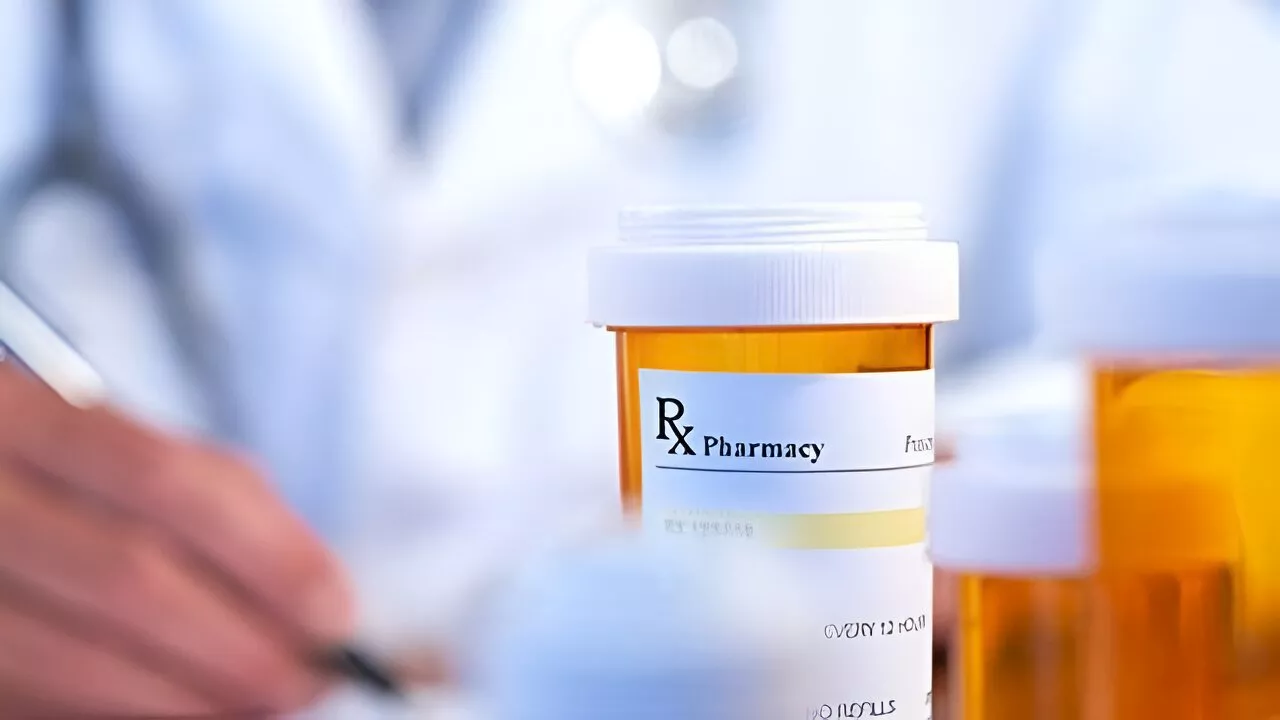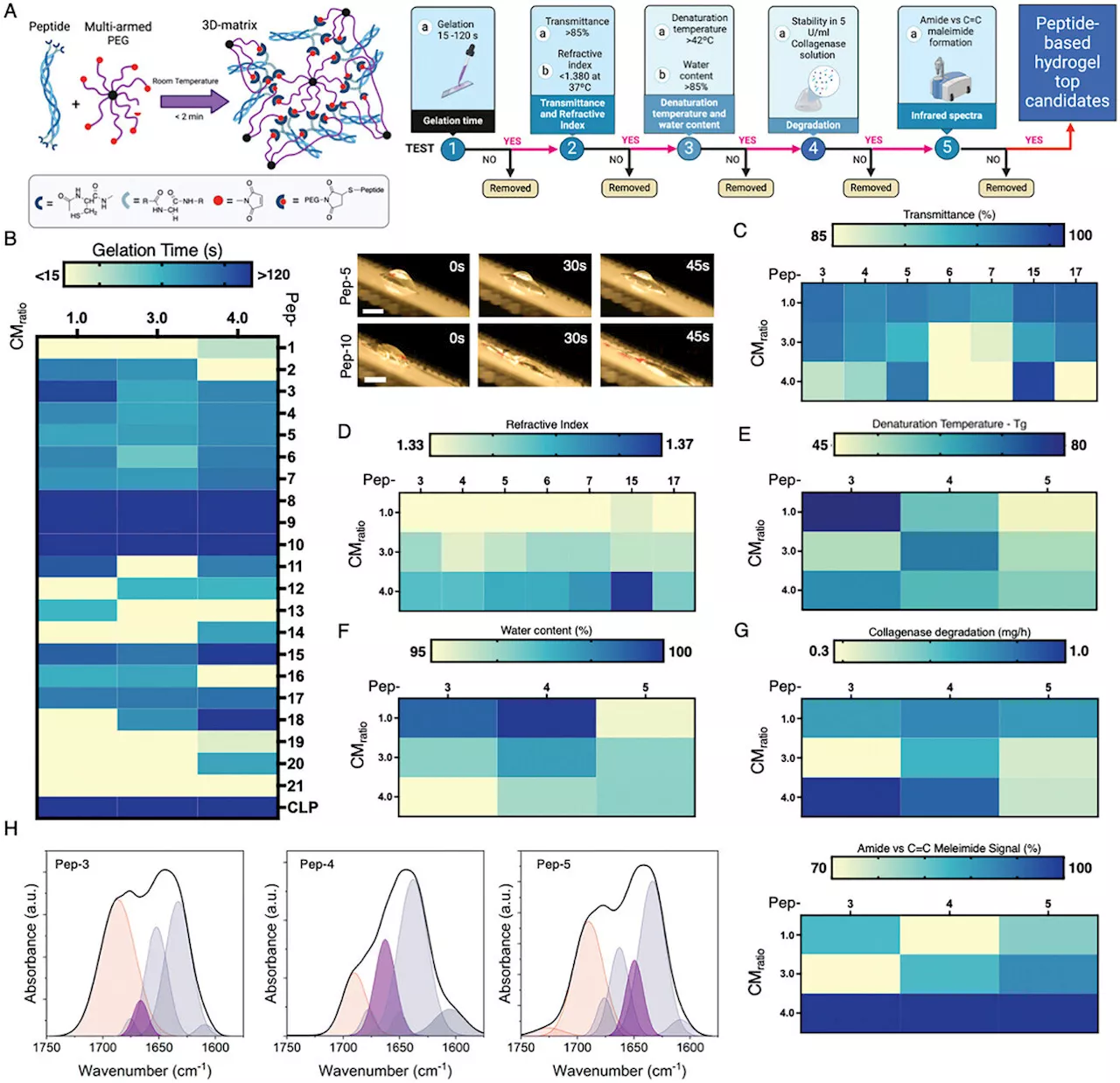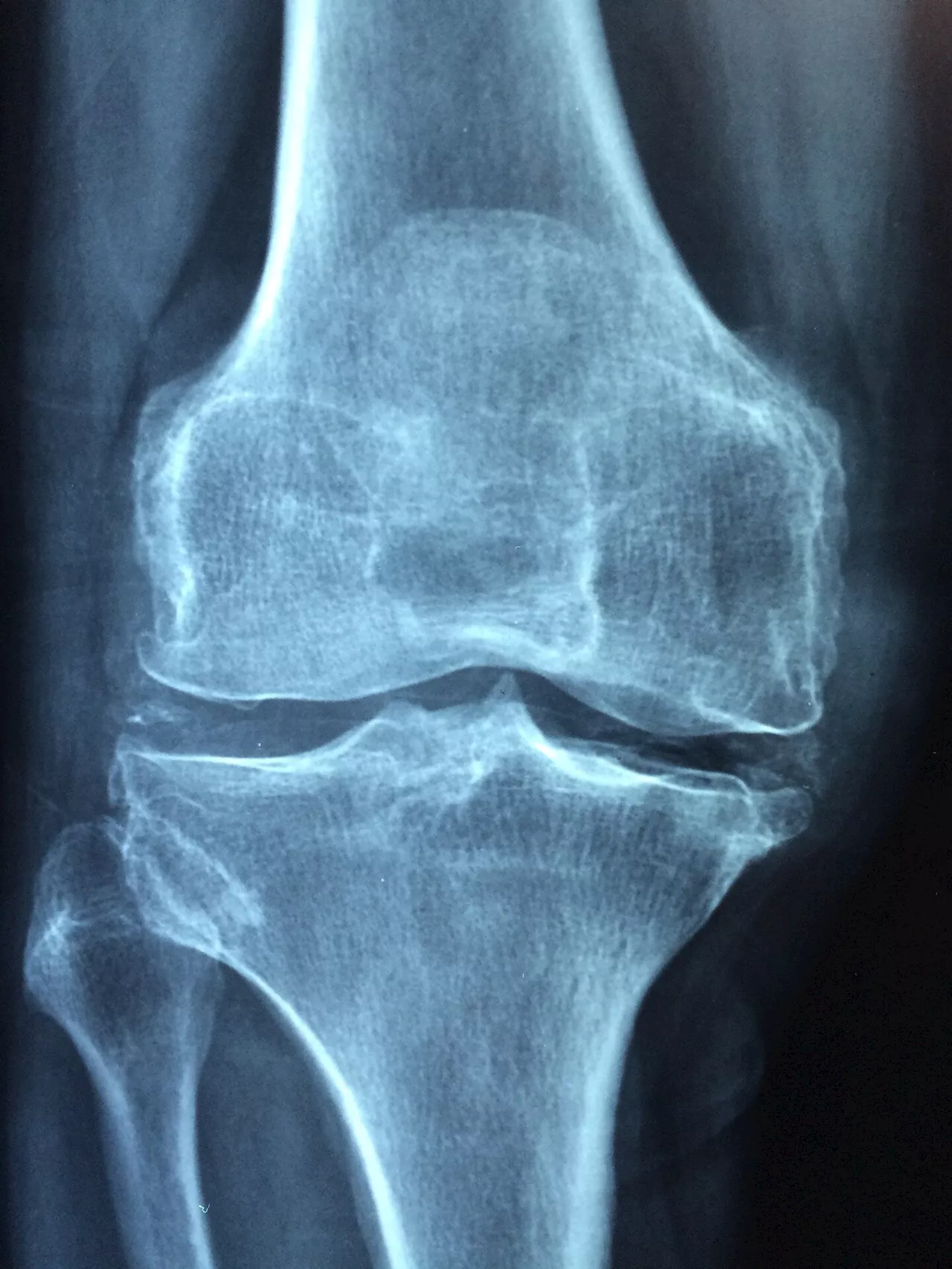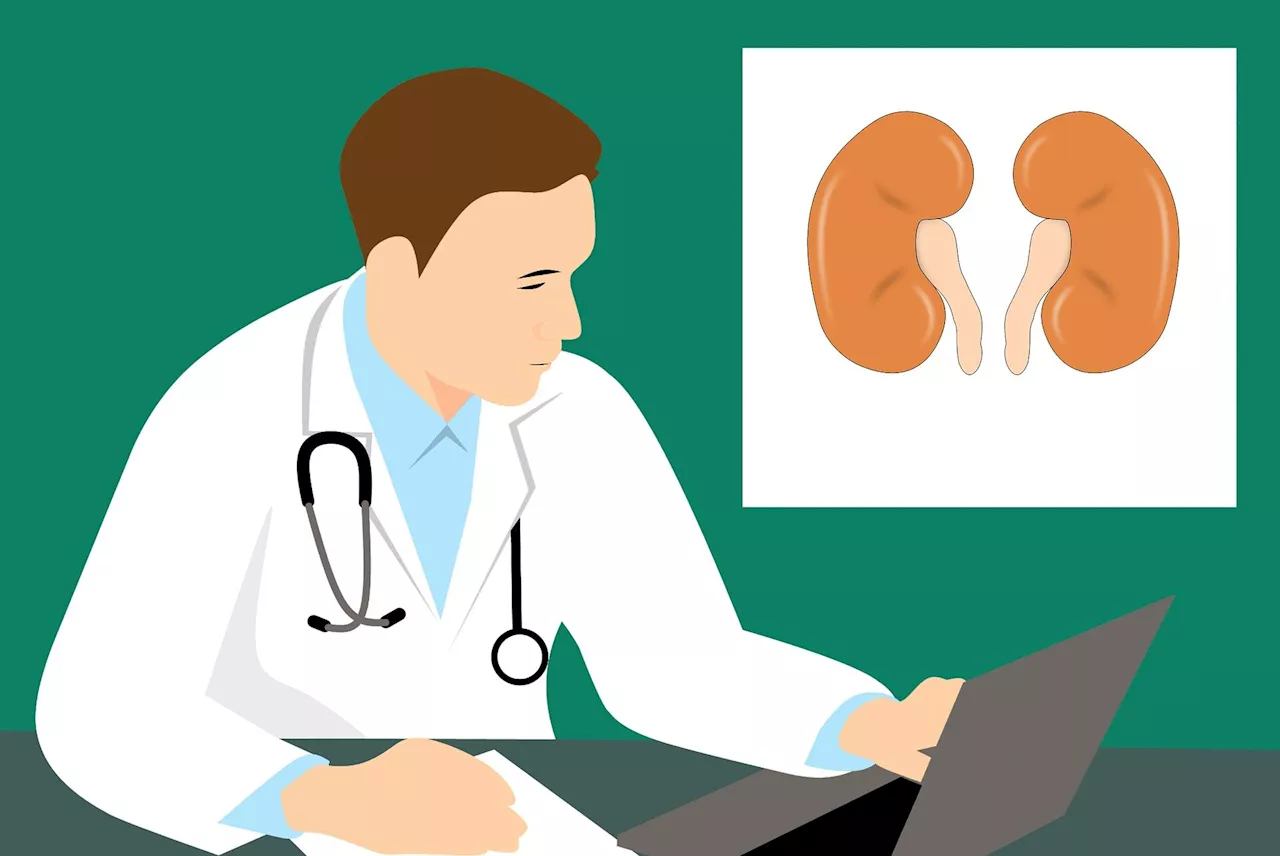The benefit-harm balance of initiating Glucagon-like Peptide-1 (GLP-1) receptor agonists (RAs) versus a placebo intervention.
By Priyanjana Pramanik, MSc.May 29 2024Reviewed by Lily Ramsey, LLM In a recent study published in eClinical Medicine , researchers investigated the benefit-harm balance of initiating Glucagon -like Peptide-1 receptor agonists versus a placebo intervention for weight loss among people living with obesity and overweight without diabetes.
Background GLP-1 RAs were initially approved to improve metabolic control in diabetes patients. Still, recent randomized control trials have shown their efficacy in weight reduction for non-diabetic adults, leading to approvals of drugs like semaglutide and liraglutide for weight management. The study compared liraglutide, semaglutide, and tirzepatide against a placebo, with all participants receiving lifestyle counseling to maintain a daily calorie deficit and engage in regular physical activity.
Preference weights were applied to adjust the benefit-harm balance, reflecting the relative importance of outcomes. Sensitivity analyses tested the robustness of results by varying assumptions about harm rates and preferences. GLP-1 RAs significantly increased the likelihood of achieving ≥5% and ≥10% weight loss compared to placebo, with relative risks of 2.51 and 4.11, respectively. Semaglutide had the highest efficacy for ≥10% weight loss , followed by tirzepatide and liraglutide .
The benefit-harm analysis showed a net benefit for achieving ≥10% weight loss over two years with GLP-1 RAs, particularly for semaglutide, which had a net benefit of 208 per 1000 people.
GLP-1 Obesity Receptor Weight Loss Alopecia Drugs Efficacy Glucagon Glucagon-Like Peptide-1 Medicine Placebo Semaglutide
United Kingdom Latest News, United Kingdom Headlines
Similar News:You can also read news stories similar to this one that we have collected from other news sources.
 Treating obesity using glucagon-like peptide-1-directed N-methyl-D-aspartate receptor inhibitionBimodal drug that successfully cures obesity, hyperglycemia, and dyslipidemia in mouse models.
Treating obesity using glucagon-like peptide-1-directed N-methyl-D-aspartate receptor inhibitionBimodal drug that successfully cures obesity, hyperglycemia, and dyslipidemia in mouse models.
Read more »
 Study finds GLP-1 receptor agonist use increases likelihood of antidepressant prescriptionIndividuals taking glucagon-like peptide (GLP)-1 receptor agonists have a greater risk for subsequently being dispensed antidepressants, according to a study published online April 23 in Diabetes, Obesity, and Metabolism.
Study finds GLP-1 receptor agonist use increases likelihood of antidepressant prescriptionIndividuals taking glucagon-like peptide (GLP)-1 receptor agonists have a greater risk for subsequently being dispensed antidepressants, according to a study published online April 23 in Diabetes, Obesity, and Metabolism.
Read more »
 Peptide-based hydrogel shows promise for a wide range of tissue and organ repairCombining biomedical finesse and nature-inspired engineering, a uOttawa-led team of scientists has created a jelly-like material that shows great potential for on-the-spot repair to a remarkable range of damaged organs and tissues in the human body.
Peptide-based hydrogel shows promise for a wide range of tissue and organ repairCombining biomedical finesse and nature-inspired engineering, a uOttawa-led team of scientists has created a jelly-like material that shows great potential for on-the-spot repair to a remarkable range of damaged organs and tissues in the human body.
Read more »
 Naturally-occurring peptide shows promise as new therapeutic in bone repairBirmingham researchers have shown that PEPITEM, a naturally-occurring peptide (small protein), holds promise as a new therapeutic for osteoporosis and other disorders that feature bone loss, with distinct advantages over existing drugs.
Naturally-occurring peptide shows promise as new therapeutic in bone repairBirmingham researchers have shown that PEPITEM, a naturally-occurring peptide (small protein), holds promise as a new therapeutic for osteoporosis and other disorders that feature bone loss, with distinct advantages over existing drugs.
Read more »
 These Rhode Peptide Lip Treatment dupes are almost exactly like the real thingObsessed with Hailey Bieber's Rhode Peptide Lip Treatment? We've found the very best dupes, starting at just £6. Read more on heat.
These Rhode Peptide Lip Treatment dupes are almost exactly like the real thingObsessed with Hailey Bieber's Rhode Peptide Lip Treatment? We've found the very best dupes, starting at just £6. Read more on heat.
Read more »
 Semaglutide may protect kidney function in individuals with overweight or obesity and cardiovascular diseaseThe SELECT Trial has revealed the potential of semaglutide, a glucagon-like peptide-1 (GLP-1) receptor agonist, in combating kidney function decline among individuals with overweight or obesity and established cardiovascular disease but without diabetes.
Semaglutide may protect kidney function in individuals with overweight or obesity and cardiovascular diseaseThe SELECT Trial has revealed the potential of semaglutide, a glucagon-like peptide-1 (GLP-1) receptor agonist, in combating kidney function decline among individuals with overweight or obesity and established cardiovascular disease but without diabetes.
Read more »
